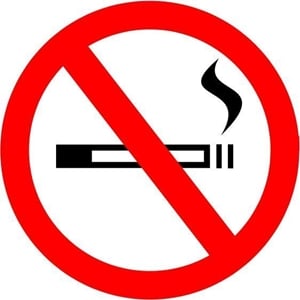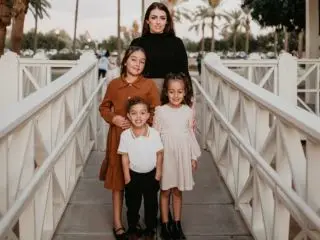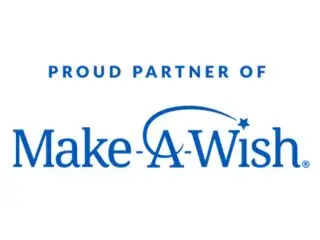 The detrimental health effects of smoking tobacco products have long been known.1 With that in mind, federal, state and local governments have tried any number of measures over the years to discourage people from smoking. Raising taxes has been the most often used device in that effort, while education and prevention programs have also been heavily employed. But recently, many places around the country have been looking into, and even instituting, laws raising the legal smoking age from the current, federally-mandated floor of 18. If this trend continues, physicians, medical office assistants, certified dental assistants and pharmacy technicians will have yet another tool to keep people from smoking.
The detrimental health effects of smoking tobacco products have long been known.1 With that in mind, federal, state and local governments have tried any number of measures over the years to discourage people from smoking. Raising taxes has been the most often used device in that effort, while education and prevention programs have also been heavily employed. But recently, many places around the country have been looking into, and even instituting, laws raising the legal smoking age from the current, federally-mandated floor of 18. If this trend continues, physicians, medical office assistants, certified dental assistants and pharmacy technicians will have yet another tool to keep people from smoking.
New York City leading the way
The New York City Council recently passed a measure that would raise the age at which people are able to buy cigarettes, or any other tobacco product, including electronic versions, to 21 years old.2 In a 35-10 vote in support of the bill, the council showed the kind of enthusiasm for this latest public health initiative that they previously exhibited with efforts like a ban on large, sugary sodas within the metropolis. If the bill is made into a law, as it is expected to be, New York would become the largest city by far to have made such a bold policy move. Other cities around the country, including Needham, Mass., have also made 21 the minimum age for buying tobacco products. And many localities have upped their requirement to 19 years old. According to city officials, 80 percent of the Big Apple’s smokers started smoking before they turned 21, including 20,000 current high school students who have taken up the habit. They hope that by raising the age limit, young people who want to smoke will no longer be able to turn to slightly older friends to buy cigarettes for them, thus further restricting minors’ access to tobacco.
Still controversial
While the health benefits of limiting smoking are obvious, opponents of the bill argue that 18-years-olds, who are legally considered adults and can be drafted into military service, should be able to make their own decisions.3 That makes this yet another step in the long-running battle between public health policy and personal freedom. The bill is expected to be approved by New York’s mayor, and may take effect as soon as early 2014. At that point, the process of assessing its effects will begin, and legislators across the country can start considering something similar in their area. 1 “Smoking & Tobacco Use,” Centers for Disease Control and Prevention. http://www.cdc.gov/tobacco/data_statistics/fact_sheets/health_effects/effects_cig_smoking/ 2 “City Council Votes to Raise Cigarette Purchase Age to 21,” NBC News New York, Oct. 30, 2013. http://www.nbcnewyork.com/news/local/Cigarettes-Vote-New-York-Wednesday-229822281.html 3 Iaboni, Rande, “NYC Council Gets Tough on Tobacco, Approves Raising Purchase Age to 21,” CNN.com, Oct. 31, 2013. http://www.cnn.com/2013/10/30/us/new-york-city-tobacco-age/



